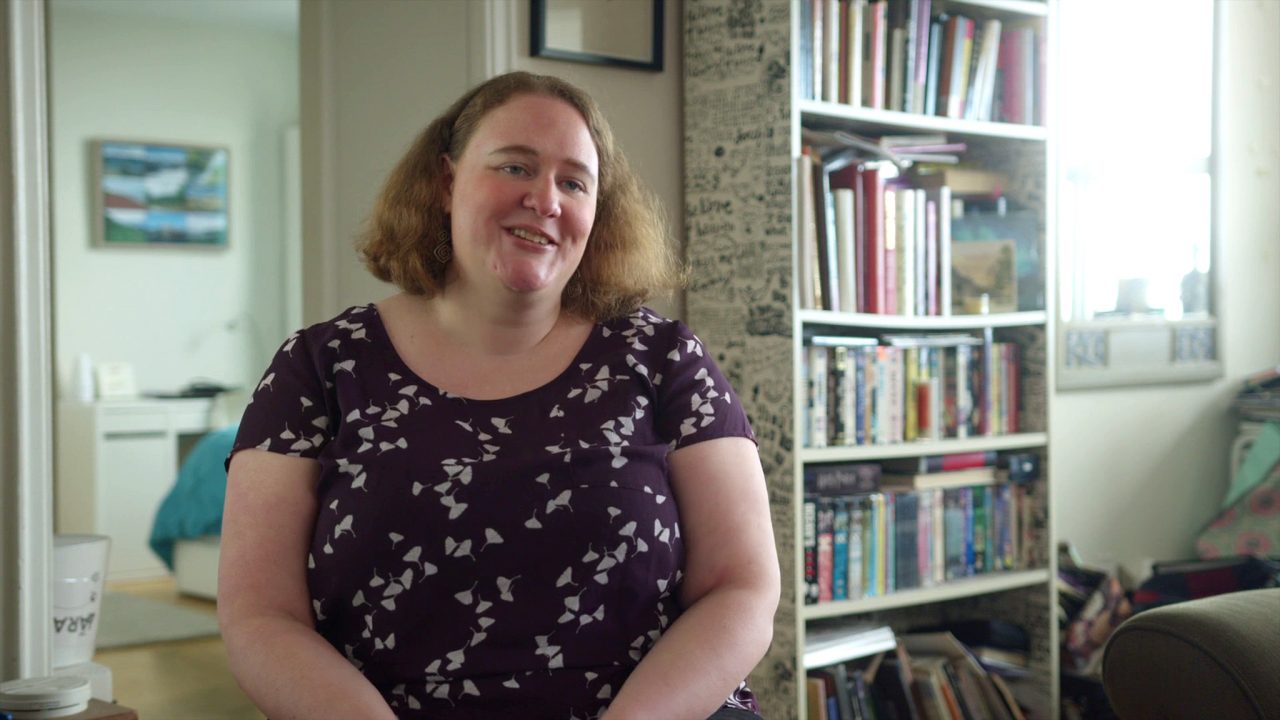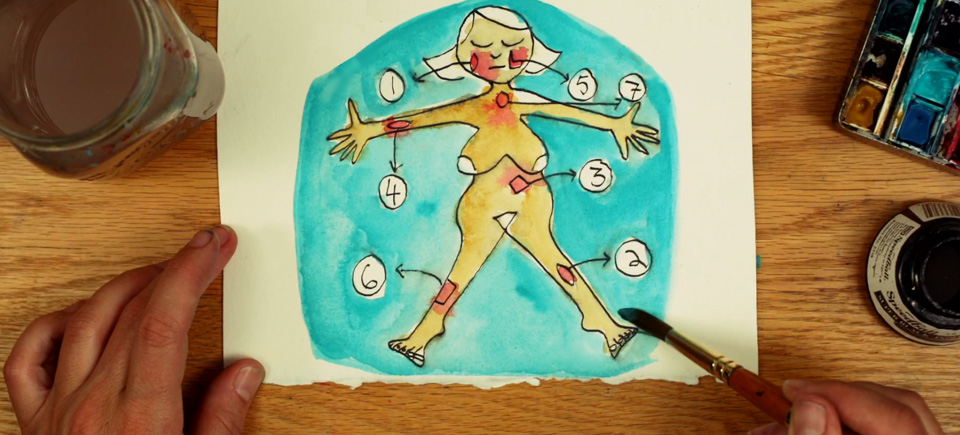
Tales of Ordinary Fatphobia: Raising Awareness To Expose And Deconstruct The Stigma
Tales of Ordinary Fatphobia: Raising Awareness To Expose And Deconstruct The Stigma
When I sent in my film proposal for the 10th Tremplin Competition in 2018, I had no idea that I’d be embarking on such an adventure. As an emerging filmmaker I was terrified that I might be pitching a bad idea. But, ironically, the possibility that I might actually succeed with a project that was so very personal to me was just as terrifying.
Fatphobia is now talked about much more openly than it used to be, but discussions of the subject tend to turn into angry debate. Arguments against the movement, though often disguised as a concern for health, are usually coloured by social biases based on the standards of beauty that are hammered into us from our earliest childhood. People who object to the stigma are met with angry attacks from others who disagree, often violently. I wasn’t entirely sure, at the time, that I was prepared to join the ranks of those who publicly condemn a harmful behaviour that is still tolerated in our society.
My first idea was to create a film about the “body positivity” movement, providing a forum for some strong young women who, after having suffered from various forms of discrimination based on their physical appearance, are now happy with themselves and living with full confidence in their bodies. I wanted to accentuate the positive and encourage others to follow their example.
But after several months of research I found that the project was taking me in a very different direction, which turned out to be, in the end, a better direction. I discussed these developments with my producer, Denis McCready, and we concluded that we had to get to the heart of the matter and keep our sights on the element of the subject that was most important to me as a director: I believed that by exposing the raw reality of the fatphobia and fat-shaming that so many people are subjected to in their daily lives, I might be able to help reduce the stigma.
I knew from my own experience that this prejudice begins in very early childhood, and its impact on young people’s lives is devastating. And it doesn’t end; it often becomes a heavy burden that they carry with them for the rest of their lives. I knew we had to encourage people to love each other more—that was extremely important—but I also knew we had to go beyond that if we hoped to make a contribution to changing social attitudes and behaviour. Above all, we would have to expose the psychological impact of the stigma so powerfully that even those who had never suffered from it would understand the extent and the seriousness of the problem.
At that point we realized that we had to focus our efforts on youth, where it all begins, so that we could share young people’s experiences and start a conversation about them. The support of Dr. Elizabeth Dettmer, at Toronto Sick Kids Hospital, was essential to the project; with her help we found young girls who were willing to speak about their personal experience. When I first went to meet with them, a part of me was hoping they would tell me that in the decade since I left secondary school, things had evolved for the better. Unfortunately, that was not the case. The testimony of the four girls was heart-breaking. I knew at that moment that their stories were important and had to be heard by as many people as possible.

I was very happy that the film would be going out into communities and schools, because I knew if we could reach children and teenagers it would raise their awareness and help them to become adults with greater empathy for those who are different. And now, two years after I wrote my proposal, the film has been released, and that is so exciting!
I would like to thank my entire team for their huge contributions to making the film what it is today. Because we didn’t want to put young people up on the screen where they would be exposed to even more discrimination than they had already suffered, we all worked together with illustrations and sound to bring their emotions to life. It was a collective creation, and a very big challenge!
Fatphobia is said to be the last socially acceptable form of discrimination. The image of the fat, lazy, dirty individual who eats excessively persists in the media even now, in 2020, and that is very sad. But I am encouraged by the number of people who over the last few years have begun actively speaking out against that image. I think we are moving in the right direction, toward real change, and I’m proud that Tales of Ordinary Fatphobia can make a contribution.
WATCH TALES OF ORDINARY FATPHOBIA
Tales of Ordinary Fatphobia, Josiane Blanc, provided by the National Film Board of Canada
